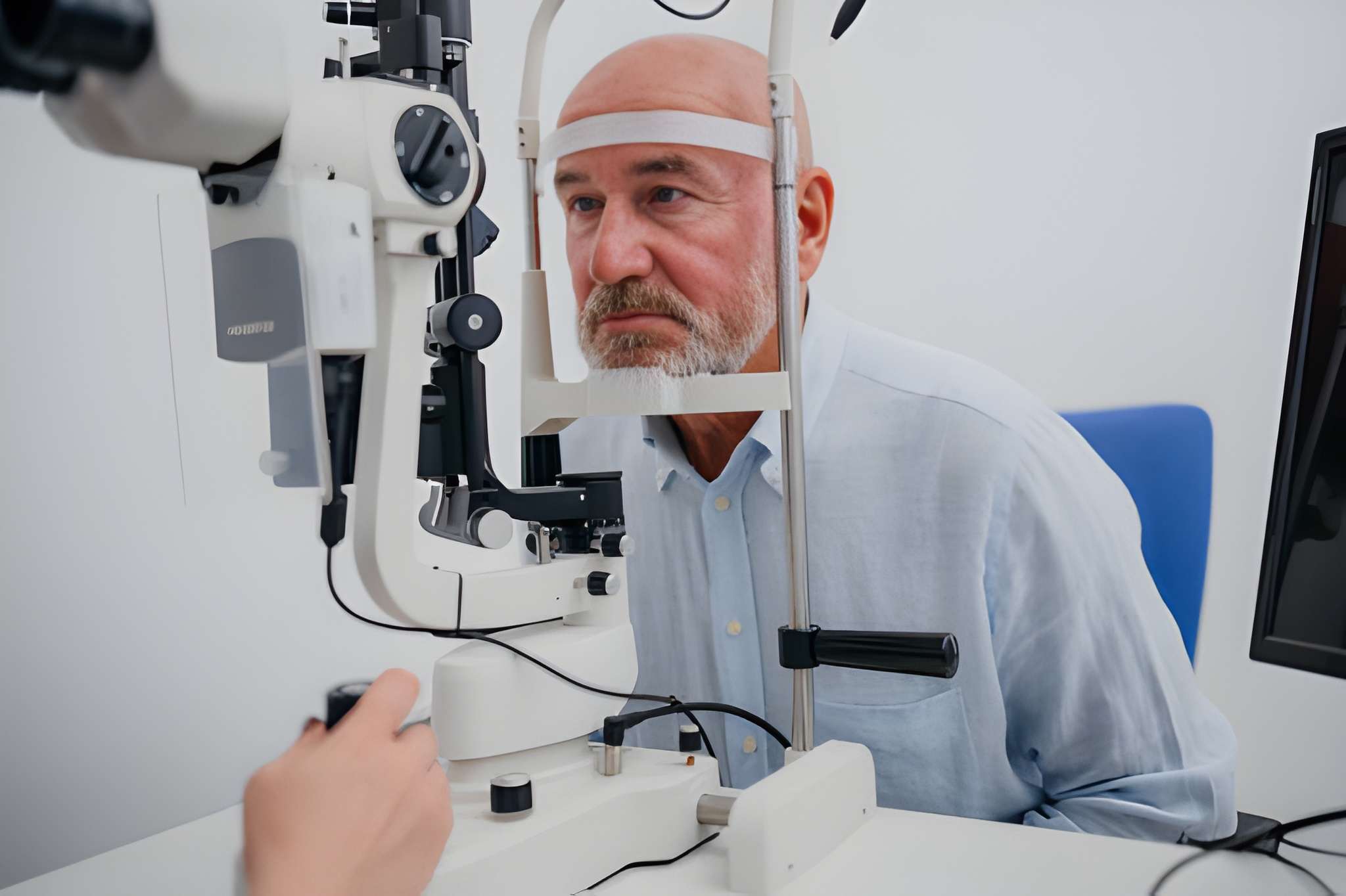In the fascinating realm of eye care, modern medical wonders are seen in cataract surgery and lens implants. These innovations mark big milestones, allowing us to restore and improve vision significantly. The topic is rich with details and nuances. Let’s embark on an insightful exploration into this subject, delving deep into the specifics of lens implants. We’ll cover their longevity and reasons for replacement, as well as maintaining and ensuring the health of these implants, including considerations for ICL procedures in Dubai.
The Marvel of Lens Implants
IOLs, often called lens implants, show medical innovation. These devices are intricately designed. They are placed in the eye during cataract surgery. They replace the original lens, which has become clouded and is impairing vision. Lens implants are made from durable materials. They are engineered to resist wear and tear, degradation, or displacement. They are built to last a lifetime. But, as with all of life and medicine, there are exceptions. Unforeseen complications can arise.
Circumstances Necessitating Lens Replacement
Imperfect Vision Post-Surgery
Sometimes, despite the surgeon’s skill, cataract surgery falls short. The patient’s vision is not fully corrected or improved as much as they wanted. This can happen if the lens implant’s power does not match the patient’s vision. It leads to considering a lens replacement.
Displacement of the Lens
This is rare. But, the lens may shift from its intended position. This shift can come from eye anomalies inside the eye. Or, it can come from outside factors that affect the lens’s stability. Regular eye examinations are crucial for early detection and intervention.
Complications from Injuries or Additional Surgeries
Eye injuries or more surgeries can also move the lens. This can make a replacement needed to fix vision and comfort.
Symptoms Indicating a Potential Lens Issue
- Blurry or Double Vision: Experiencing diminished clarity or double vision can signal a problem with the lens implant.
- Visible Lens Edges: An unusual sign where one might see the edge of the lens implant, indicating a misalignment or other issue.
- Increased Sensitivity to Light and Glare: Seeing halos around lights or increased discomfort from light may mean the lens is not working well.
The Replacement Process
Replacing a lens implant is technically straightforward. But, it requires an experienced ophthalmologist’s expertise. At first, the patient has a full exam. It will decide the best replacement method. Following this assessment, the procedure to replace the lens is carried out with precision. The surgery is simple in concept. But, its success relies heavily on the surgeon’s skill. This underscores the importance of choosing a specialist who is well-versed in such procedures.
Also read: Is Implantable Contact Lens Painful?
Recovery and Post-Operative Care
After lens replacement surgery, patients usually recover quickly. They can return to their daily routines within a couple of weeks. Post-surgery care is crucial for a smooth recovery. It often involves a period of rest and using specific eye drops prescribed by the surgeon. These measures are designed to minimize discomfort and speed healing. They ensure the patient’s return to normalcy is as easy and fast as possible.
Preventing the Need for Replacement
Although it is not possible to prevent every scenario that might necessitate the replacement of a lens implant, engaging in regular eye check-ups plays a critical role in early detection and management of potential problems. Furthermore, exercising caution during activities that pose a risk to eye health can significantly mitigate the likelihood of injuries that could lead to the need for a lens replacement. Adopting these preventive strategies can help maintain the longevity of lens implants and overall eye health.
Also read: Who is not suitable for ICL surgery?
Wrap-Up
So, there you have it. Yes, on rare occasions, lens implants might need to be swapped out or adjusted. But with today’s advances in eye care, these instances are few and far between. Keep up with your eye check-ups, and you’ll likely enjoy clear sailing with your lens implants.
In the end, it’s all about keeping those eyes in great shape. That way, you can enjoy all the beauty this world has to offer. That beauty ranges from grand landscapes to the small print in your favourite book. And if you ever find yourself in a pickle with your lens, remember, help is just an appointment away.
Ready for a Check-Up or Concerned About Your Lens? Contact Dr Qasim Today!
Don’t let your vision’s changes catch you off guard. Regular eye check-ups are essential, not just a suggestion. Whether you’re experiencing issues with your vision, considering lens implants, or simply due for an examination, the right care is crucial. Recognized as the best eye doctor in Dubai, Dr. Qasim is committed to delivering personalized and exceptional eye care services. At our clinic, we prioritize your comfort and clarity of vision, ensuring every aspect of your eye health is addressed with precision and compassion. Schedule your appointment now and commence your quest for pristine vision under the care of Dr. Qasim.
Also read: Is ICL Better than LASIK?
Frequently Asked Question
Can lens implants last a lifetime?
Yes, lens implants are designed to last a lifetime. They’re made from tough materials. These materials don’t wear out or cloud over. So, they’re a permanent solution for fixing vision issues like cataracts.
Why might a lens implant need replacing?
A lens implant may need replacing if vision is not clear. Or, if the implant moves. Or, if an eye injury or another surgery affects it.
What are the signs that my lens implant needs attention?
Signs include blurry or double vision. You may also see the edge of the lens. You may be more sensitive to light and see halos around lights. You will have a noticeable decline in vision. These symptoms warrant a consultation with your eye specialist.
Is the process of replacing a lens implant complicated?
Replacing a lens implant takes precision and expertise. But, it’s easy for an experienced eye surgeon. Recovery times vary, but many patients resume normal activities within a couple of weeks.
What is recovery like after lens implant replacement?
Recovery typically involves mild discomfort and vision adjustment over the first few days. Eye drops may be prescribed to aid healing. Most patients return to their regular activities within a week or two, with vision improvements continuing to develop.
How often should I check my lens implant after surgery?
Regular check-ups, typically once a year, are recommended to ensure the implant remains in good condition and to monitor your overall eye health. More frequent visits may be necessary if you experience any issues.
Can a lens implant become dislodged over time?
Yes, this is rare. A lens implant can shift due to things like physical trauma, later eye surgeries, or certain eye conditions. Regular eye exams help detect and correct such issues early.
Are there alternatives to replacing a dislodged lens implant?
In some cases, if the displacement is small and vision is not much affected, your eye doctor may recommend monitoring the situation. They may also adjust your prescription glasses instead of replacing them right away.
Also read: How Long Do Implantable Contact Lenses Last?











